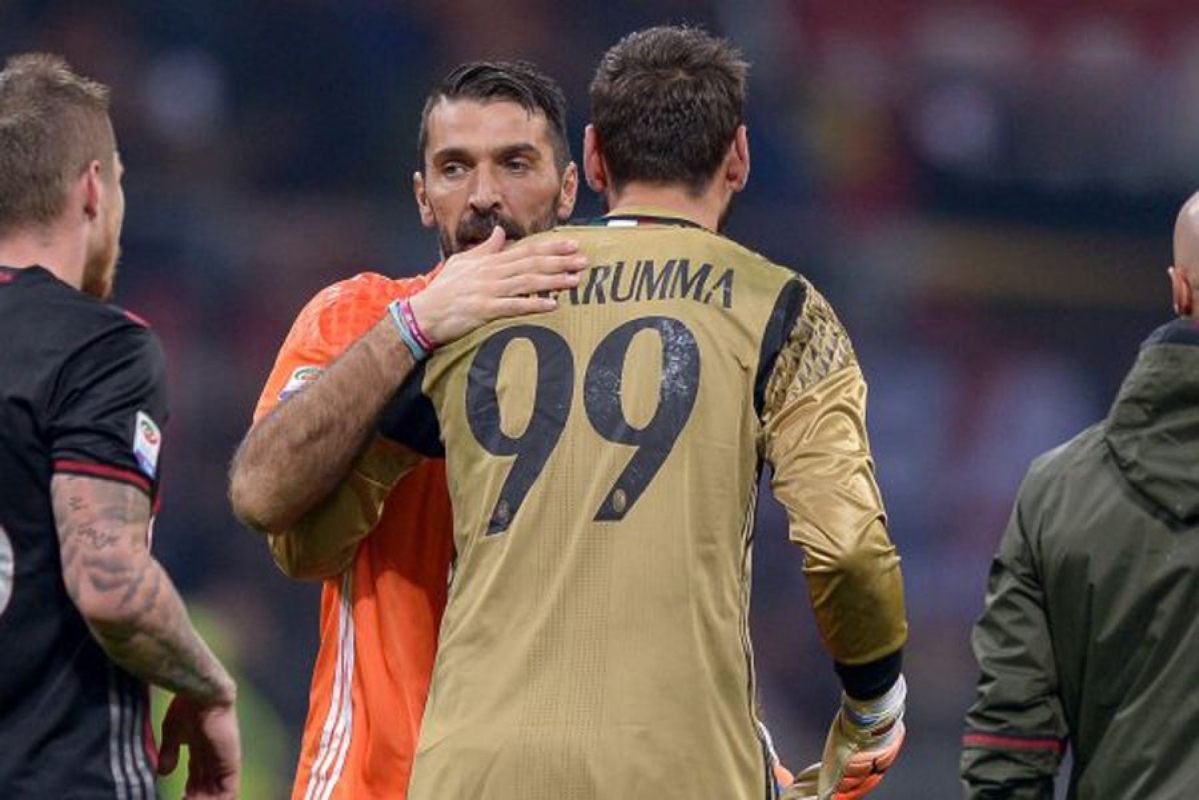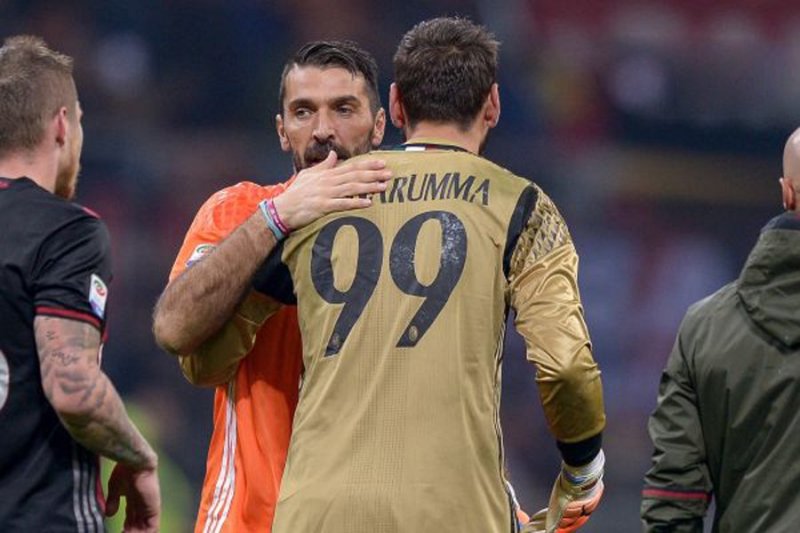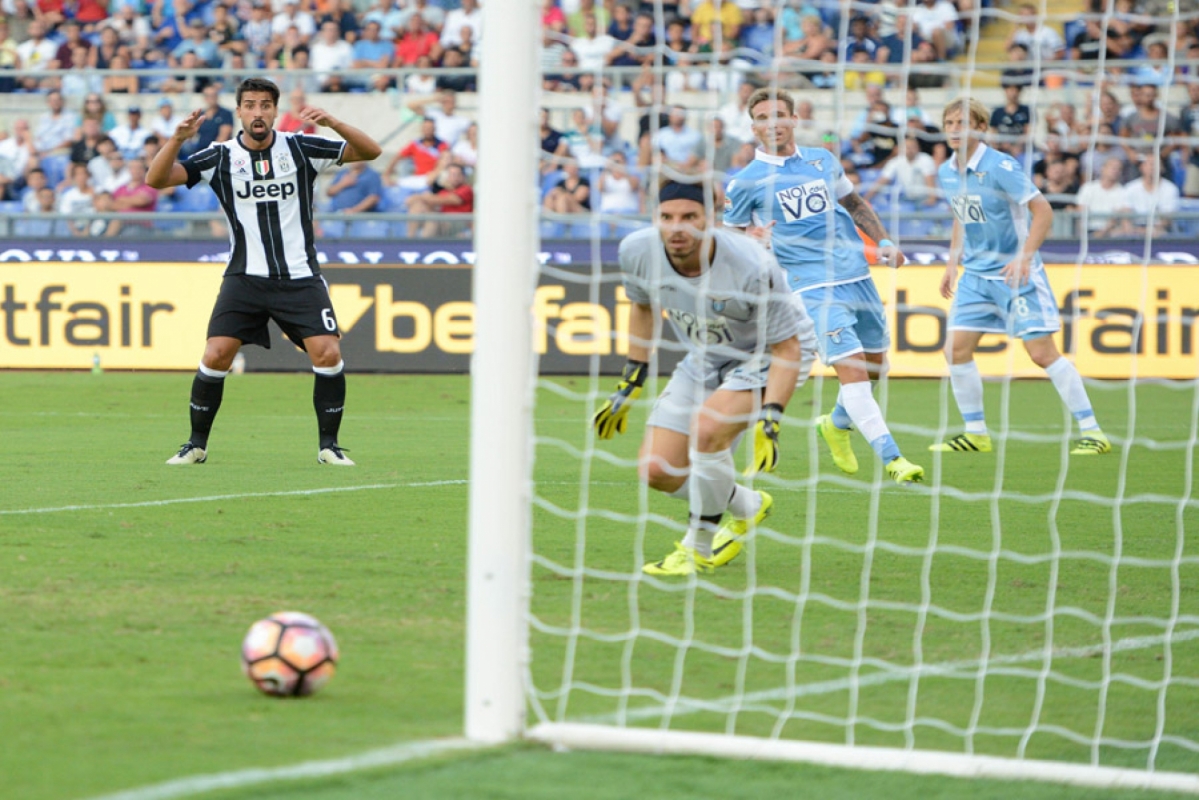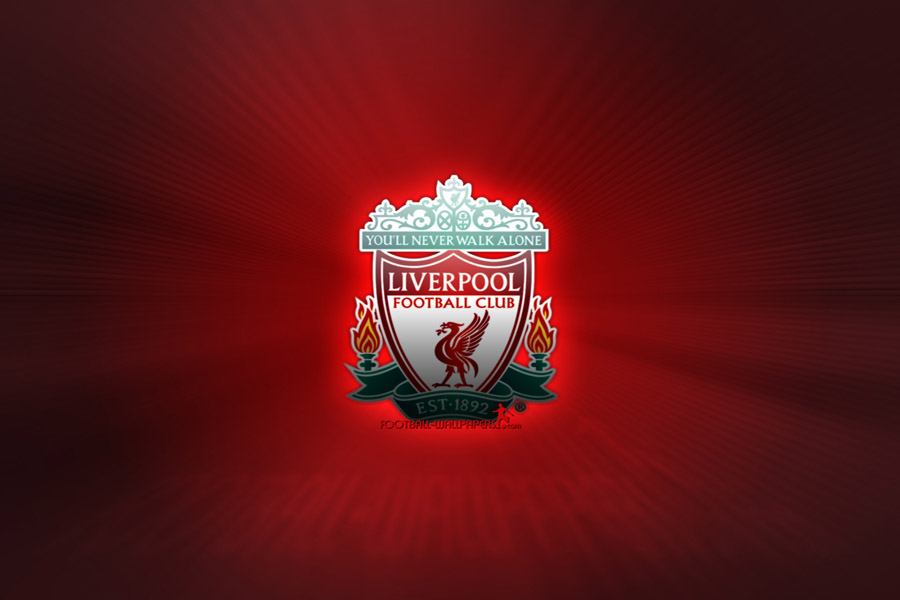To enter the psychology of “the number one” is extremely fascinating. Today, on the shirts of the goalkeepers in the Serie A and in the Minor Leagues, the number 1 is used less and less. There are even fewer defenders still wearing the number 1 - just consider the choices of Donnarumma (99), Marchetti (22), Reina (25), Hart (21).
In the 2016/17 championship, the number ONE is fortunately still present on the shirts of Buffon, Perin, and Handanovic. Yet, regardless of the number, the role of the extreme defensive line remains a fundamental part of the show! The goalkeeper is the superhero who, notwithstanding danger, risks his own safety. He is to defend a valuable space, which is the goal, risking a lot in every play when its area becomes overcrowded. On a psychological level, defenders work on their own individual and specialty roles as it is essential for regulation, while there is no reference about the tasks of the other players. His professional life is closely linked to the goalkeeper coach who specializes in their specific training. The sport psychology settings are for the goalkeeper but also for the individual. The goalkeeper effects individual and departmental paths. In individual meetings with the psychologist he works on inner dynamics that enhance his abilities, he faces his fears and finds within himself, through specific techniques, the best available resources he possesses. He works as an individual to improve attention, concentration and self-esteem. The goalkeeper must learn specific techniques to increase resilience to continuously manage the stressors that can lead to errors. The number 1 shall, together with reserve goalkeepers, attends specific meetings with the defense department. In these group meetings with goalkeepers and defenders together, functional techniques are perfected for the management of the defensive line, based on the analysis and understanding of the teammates to emotionally handle the department and significantly reduce margins of error. The goalkeeper defends his headquarters and takes the time to know how to treat and talk specifically with his protectors, the defenders. So this level of preparedness makes an individual’s work in the field improve his department's management capacity, ensuring timelines and methods of intervention. With the goalkeeper we work psychologically on the result management, because in every match there is a game within the game and it's important to know how to read and interpret their own unique view that the goalkeeper enjoys. The psychological goal setting of the number 1 is all centered on responsiveness, quick decision-making, analytic capacity and safety. The words of Emiliano Viviano express well the psychological experiences of this fun, crucial but extremely difficult role: "The goalkeeper is a risky position: they are hammering you, and you're alone. You have to take responsibility, even if you act on instinct". From a statistical and technical point of view we can say that fewer and fewer young people want to hold this position in the field, precisely because it is a very delicate task. Also the scorer has the charm with greater media impact on the students who come to professional football through youth. Technically also the goalkeeper must be able to control the defense, because he has a different point of view than all the other players, so he must give reassurance to the defense department in change or result management. Often the number 1 finds himself repairing the mistakes of others to avoid conceding a goal. When he succeeds in doing so, immediately he becomes the hero of the team. He is easily criticized when undergoing the opening goal and when the mistake clearly happens few meters ahead, even though he didn’t have the slightest responsibility. A good goalkeeper, since the youth, must possess technical and coordinative qualities, but also mental qualities and character.
In the most difficult moments he must know how to keep calm and tranquil in order to not to send fear and uncertainty which could affect the whole team. He isn’t intimidated by the opposition’s attackers and especially by the coaches who often act with such excessive aggression in cases of error, that it affects the rest of the athlete’s performance. Wise coaches are aware that the goalkeeper lives in his own world, and it does no good to anger him and or cause frustration during the game. A good goalkeeper who works on these psychological aspects improves their awareness and reduces the frequency of errors and distractions significantly. While his teammates win the team game, the goalkeeper has to win first against himself. It is therefore important work that is coordinated between the goalkeeping coach and the sport psychologist. Young goalkeepers are educated in concentration and reaction at a physical and psychological level. It is fundamental that the work with the defencemen
(goalkeeping coaches, sport psychologist, and physical trainer) transmit assurance and trust in a way that, in difficult moments, the young goalkeeper, like a champion, succeeds in negative moments in the best way possible. As always, the goalkeeper also needs to learn from his mistakes and improve, through his physical and psychological training, and come to realize and develop his true potential week by week, without receiving excessive pressure because errors of today will shape the strong goalkeeper of tomorrow.
Authors:
Paolofabrizio De Luca
Sports Psychologist - FIFA Agent
Alan Bellatore
Coach
S.S.Maceratese 1922






